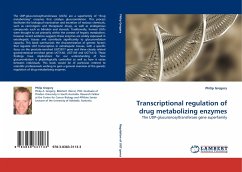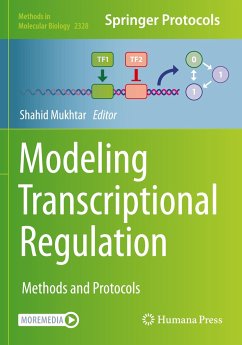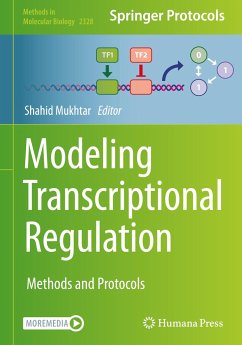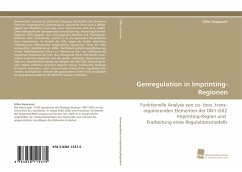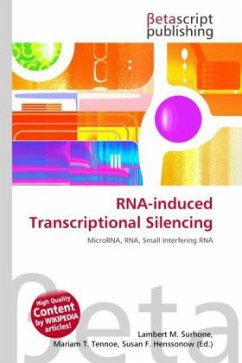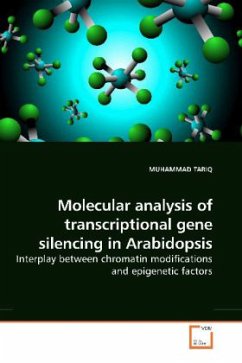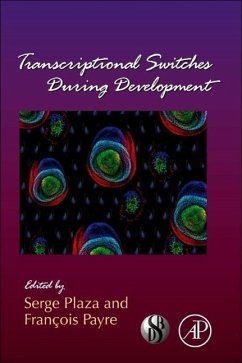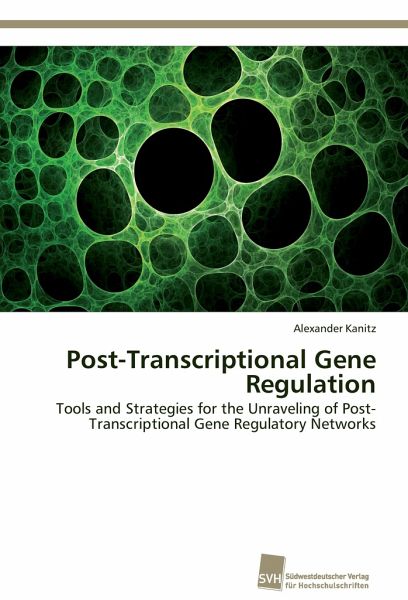
Post-Transcriptional Gene Regulation
Tools and Strategies for the Unraveling of Post-Transcriptional Gene Regulatory Networks
Versandkostenfrei!
Versandfertig in 6-10 Tagen
46,99 €
inkl. MwSt.

PAYBACK Punkte
23 °P sammeln!
To guarantee survival in a complex and ever-changing environment, cells dispose of efficient and highly dynamic regulatory circuits that continuously interpret the genetic code in a context-dependent manner. RNA molecules play a central role in the flow of genetic information and are subject to particular scrutiny by a cell's regulatory machinery. They assemble into macromolecular complexes - the so-called ribonucleoprotein particles - which represent the functional units of post-transcriptional gene regulation and appear to be organized into highly intertwined, decentralized regulatory networ...
To guarantee survival in a complex and ever-changing environment, cells dispose of efficient and highly dynamic regulatory circuits that continuously interpret the genetic code in a context-dependent manner. RNA molecules play a central role in the flow of genetic information and are subject to particular scrutiny by a cell's regulatory machinery. They assemble into macromolecular complexes - the so-called ribonucleoprotein particles - which represent the functional units of post-transcriptional gene regulation and appear to be organized into highly intertwined, decentralized regulatory networks. Detailed insights into the underlying logic, logistics and organization principles of such networks should have broad implications for a large number of scientific and technological disciplines, including medicine, computer sciences and even (socio)economics. This book reviews the available literature and experimental techniques of this exciting field. It explains and further develops concepts and it presents strategies and tools for the identification of combinatorial control motifs, a fundamental building-block of post-transcriptional gene regulatory networks.






